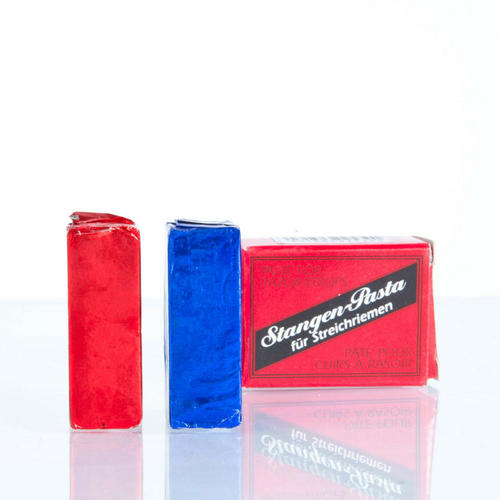Results 1 to 10 of 16
Threaded View
-
02-25-2020, 05:34 PM #1Senior Member

- Join Date
- Sep 2009
- Location
- Plymouth, UK
- Posts
- 313
Thanked: 19 Does anyone have any experience with this strop paste?
Does anyone have any experience with this strop paste?
After messing about for ages with various strops and polishing compounds, I'm looking at experimenting with proprietary strop pastes. Does anyone have any experience with this one? It is made in Solingen, I understand by Herder.

I would be mainly using it on hanging strops, possibly fabric or leather.
Any thoughts? Many thanks.Last edited by Montgomery; 02-25-2020 at 05:37 PM.


 15Likes
15Likes LinkBack URL
LinkBack URL About LinkBacks
About LinkBacks









 Reply With Quote
Reply With Quote